The two-sided archetype of meaning or Sinn, which may self-represent itself in dreams or myths as Wise Old Man, or as either helpful or mischievious gnome or animal, seems an unlikely benefactor. After all, is not what this archetype represents something that should best be provided by consciousness itself, particularly in the conscious use of what Jung calls the ‘rational’ functions (GW VI, §§601-603)?
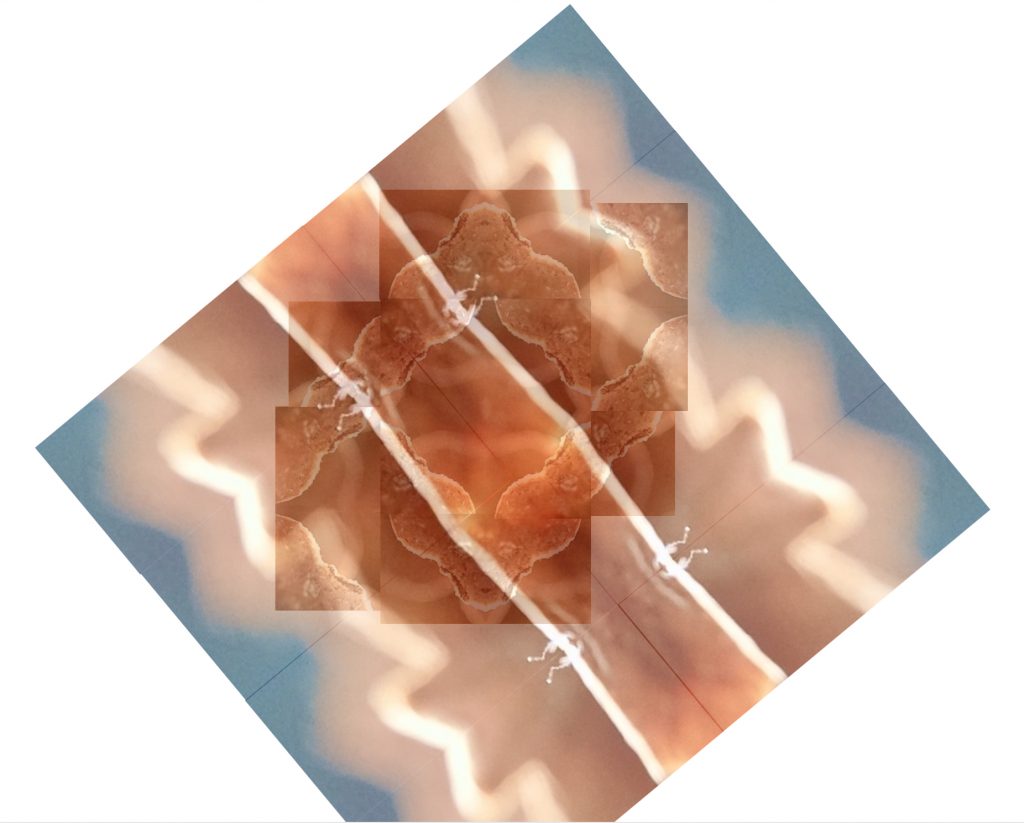
More specifically, if the archetype stands for, “on the one side knowledge, insight, consideration, wisdom, cleverness and intuition, but on the other side also moral attributes like benevolence and helpfulness” (GW IX/I, § 406), would we not expect a person to obtain precisely these things from the conscious use of the thinking and feeling functions?
That is not generally the case, according to Jung, for two reasons.
First, it seems that consciousness can sometimes be incapable of exerting the necessary strength of psychological focus.
[…] the intervention of the Old Man, i.e. the spontaneous objectivation of the archetype, seems indispensable, since the conscious will alone would rarely be capable to unify the personality to the extent where it can reach extraordinary successfulness.
[…] unerläßlich scheint die Intervention des Alten, das heißt die spontane Objektivation des Archetypus, zu sein, da der bewußte Wille allein wohl kaum je imstande ist, die Persönlichkeit in dem Maße zu einigen, daß sie außergewöhnliche Erfolgskraft erreicht.
GW IX/I, §404.
Secondly, and not entirely unrelated, it seems that these functions of consciousness themselves are the product of a development in which something originally external (a timeless spiritual presence) was gradually integrated into consciousness, where it has morphed into those rational functions which are (partly) under control of the subjective will (GW IX/I, §393). In other words, spirit is something that a person can employ to some degree, but only to some degree; and when they cannot, the archetype may take over control and appear autonomously. (Which it does, again, in both its concrete forms, beneficial or evil, as the case may be.)
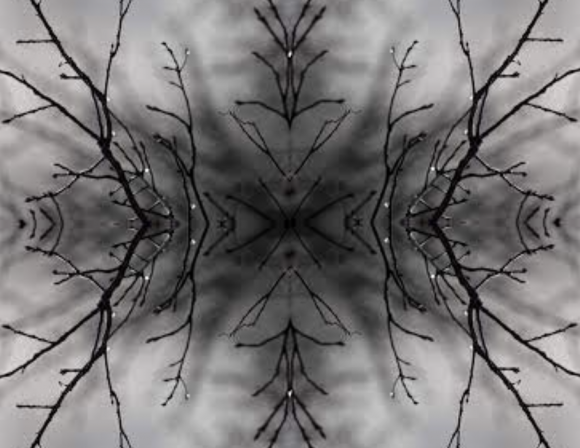
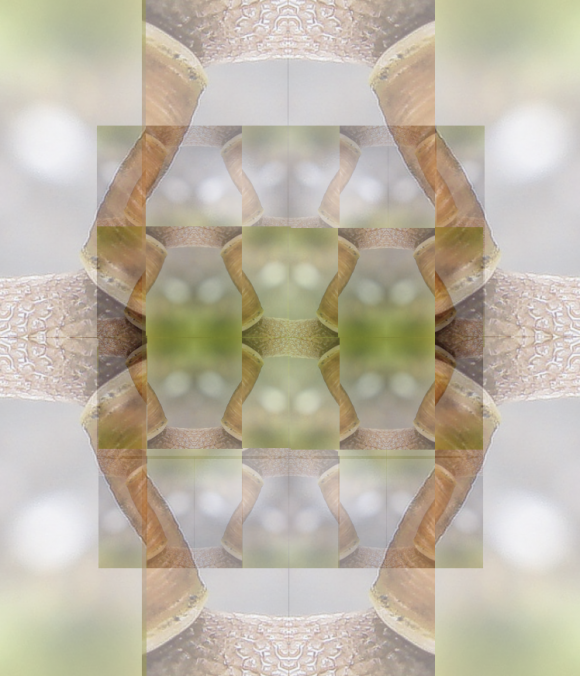
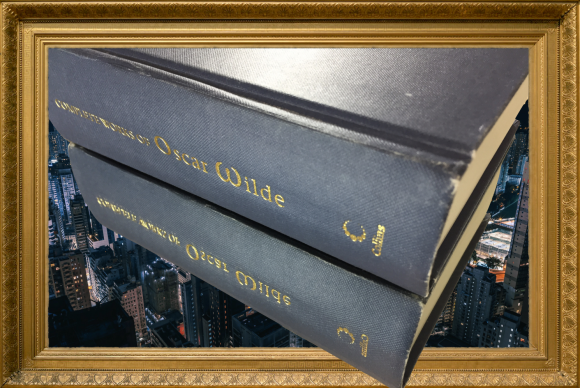
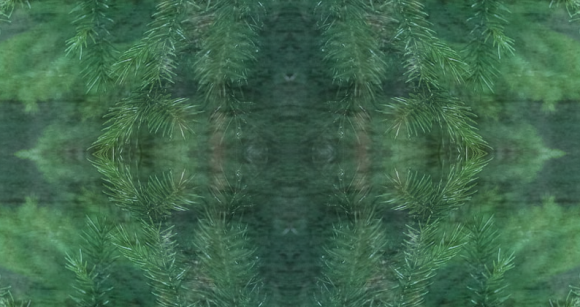
[…] According to Jung, spirit is something we humans have “pulled into our sphere and filled our consciousness with” (GW IX/I, §393). Spirit is something apart from human beings, something alien; while our species has evolved and adapted to the external world, it has also evolved and adapted to the inner, psychic world, and in part we have done so by integrating spirit into our consciousness. Originally, spirit seems to have been an autonomous being; now it has gradually come under control of the human will, but not fully so. The result is a precarious balance of power between spirit and consciousness. […]
[…] an earlier post, I mentioned Jung’s view that spirit (Geist), the archetype of the built-in meaning (Sinn) in our […]
[…] to be their own (i.e. their thoughts, feelings, …) as powerful enough to bring order and even some amount of control to their overall experience of life. What they owned as “their” spirit came to appear superior […]